
How Do Professional Courses Help in Career Development?
Success and career advancement in the fast-paced, constantly-evolving job market of today depend on ongoing education and professional development....
Read moreOverview
Professionals can acquire industry-recognized credentials and build and improve their understanding of Dynamics 365 Finance by taking the Microsoft Dynamics 365 Finance course. The foundations of the business application, including its essential financial, accounting, inventory, revenue, and sales capabilities, are covered in this course.
There are various modules in the course. The General Ledger, Chart of Accounts, and default reports are all covered in the first module, which focuses on the basics of utilizing Dynamics 365. Dynamics 365's financial activities, such as customer invoices and payments, vendor bills and payments, currency and international exchange rates, tax laws, and sales discounts, are among the many financial activities that participants learn how to create, edit, and remove.
The second part of the article discusses Dynamics 365's flexibility and power, particularly its adaptability to different user requirements. Students gain knowledge of configuring Dynamics 365 for particular user groups and roles as well as importing pre-existing data into the programme.
The integration of Dynamics 365 with Microsoft Office, including Outlook and Excel, is covered in the third section of the course. Users can more quickly examine data and produce reports because of this.
How to use Dynamics 365's reporting tool and how to execute financial simulations are two other subjects addressed in the course. Participants should be able to use Dynamics 365 Financial more skillfully after completing the course and have a greater understanding of how it functions.
Prerequisites
Target Audience
Training outcomes
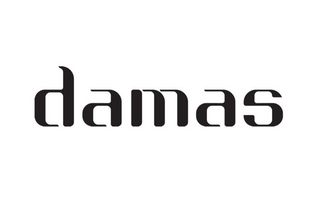
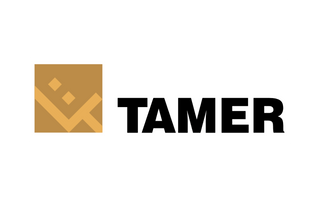




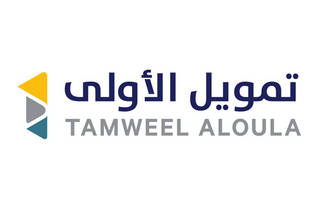

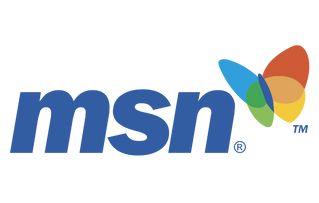

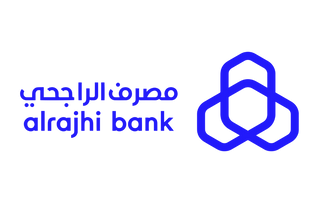

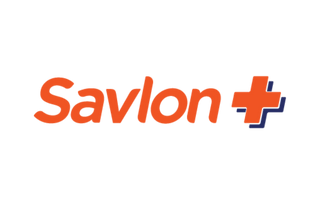
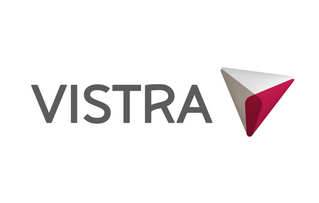
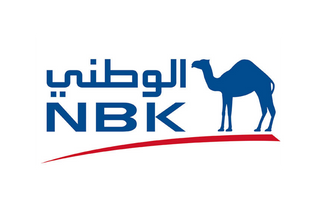

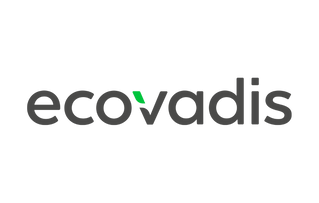


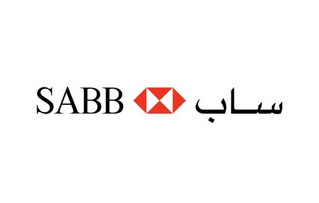
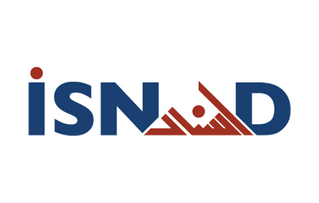

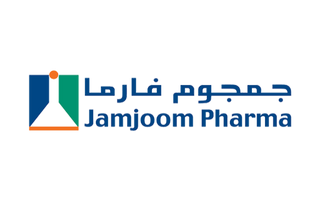
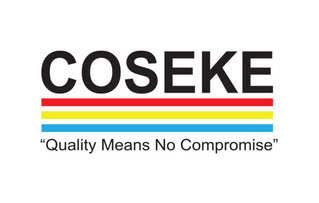

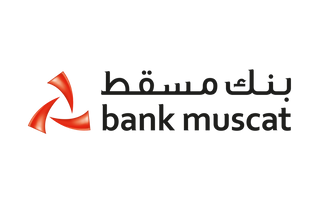
We do provide corporate training, yes.
Undoubtedly, the Microsoft Dynamics application links numerous other crucial processes into a single one in the modern digital business environment and aids individuals and companies in maintaining alignment across multiple domains. Professionals can obtain a well respected certification in the area of financial management and software by being certified in Microsoft Dynamics 365 Finance. This makes it possible to take advantage of improved employment possibilities, benefits, and duties wherever in the world. It is highly advised to obtain the Microsoft Dynamics 365 Financial certification.
Success and career advancement in the fast-paced, constantly-evolving job market of today depend on ongoing education and professional development....
Read moreIntroduction: Identifying the training needs of your employees is one of the most important aspects of running a successful business. Having an und...
Read more